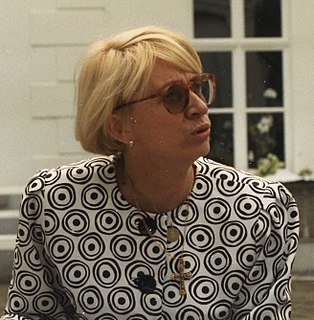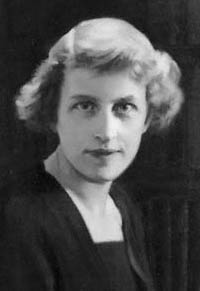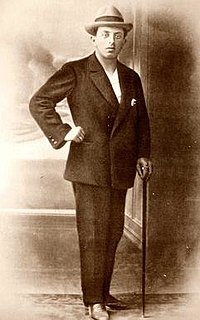A Quote by William Shakespeare
Gnarling sorrow hath less power to bite The man that mocks at it and sets it light.
Related Quotes
Look what thy soul holds dear, imagine it
To lie that way thou goest, not whence thou com'st.
Suppose the singing birds musicians,
The grass whereon thou tread'st the presence strewed,
The flowers fair ladies, and thy steps no more
Than a delight measure or a dance;
For gnarling sorrow hath less power to bite
The man that mocks at it and sets it light.
A Strange melancholy pervades me to which I hesitate to give the grave and beautiful name of sorrow. The idea of sorrow has always appealed to me but now I am almost ashamed of it's complete egoism. I have known boredom, regret, and occasionally remorse, but never sorrow. Today it envelops me like a silken web, enervating and soft, and sets me apart from everybody else.




































